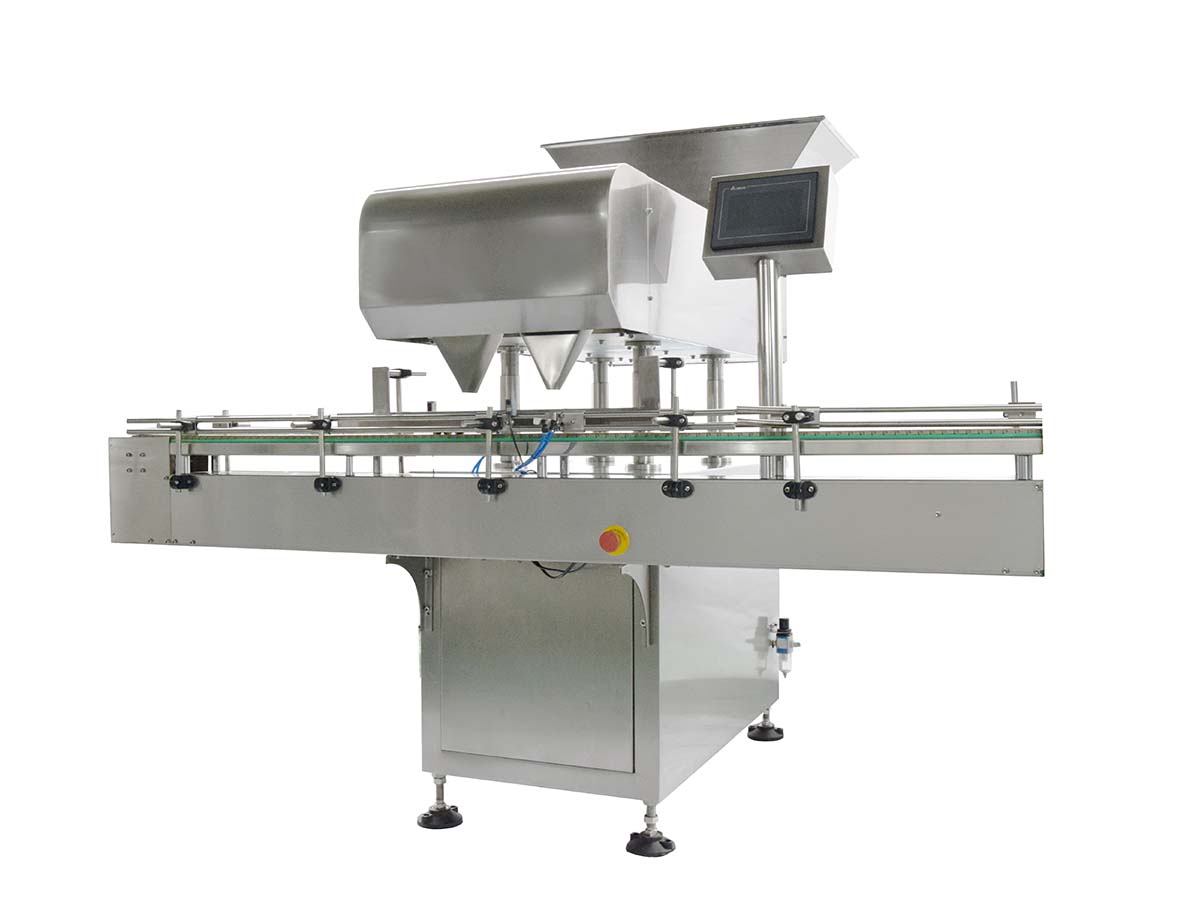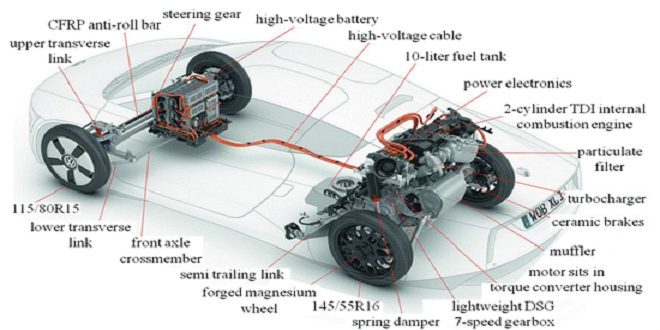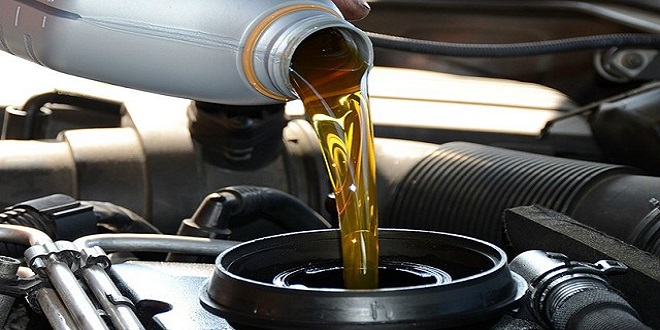How I became Intimately Involved with My Car, and Why You Should

Before I moved to California, I was an ordinary urban cliff dweller: I had only a nodding acquaintance with cars. Ours was locked up in a garage, and I used subways, buses, and taxis.
All the maintenance on our car was done by the garage that housed it. When we moved to California, my enthusiasm for a life in the sun was considerably dampened by the knowledge that this would also include life on the freeways, but the first time I took the family car to the supermarket myself I had an epiphany in the parking lot: I could drive anywhere I wanted to, instead of just being driven home. It wasn’t long before I was looking for a car of my own.
A friend of mine checked out the car and pronounced it drivable. He said that it might need “a little work.” We took it to a reliable mechanic, who checked it over, tuned it up, and told me that it was “a classic.”
Thus reassured, I drove the car to the Department of Motor Vehicles to register it. I parked the car, turned off the ignition, locked it, and found that the car was singing! A bit puzzled, I rechecked the ignition and the radio, but everything was truly shut off.
And still, the car sang. By the time I returned, all was quiet. But that night, when I took the family out to dinner, old Tweety Bird began to sing again. After several weeks of expensive and unsuccessful repairs, I found out that all she needed was an inexpensive radiator cap. To my amazement, the shop was unwilling to refund the money I’d spent on all the other stuff they’d tried! I realized that it would be impossible to communicate with Tweety properly if I didn’t know anything about her, and the repair bills were going to send both of us down the drain.
Before long, it was no longer enough to be able to communicate with a mechanic; I wanted to be the mechanic myself whenever possible. Not only did I save money, but Tweety began running better, and I found that not only was I saving money and fuel, but I was also having fun!
Today, vehicles are more complex because computers control many systems and even professional mechanics need specialized equipment to deal with them. The upside is that these vehicles usually need fewer repairs, and there are much greater intervals between basic maintenance tasks, most of which are still easily done yourself. The same goes for making a variety of minor repairs and adjustments
Conventions Used
In order to make it as relevant, readable, and enjoyable as possible, I envision it as a friendly conversation with the kind of person I feel would want to read it. Here’s my mental portrait of my readers.
How I Picture You
You’re intelligent and may know a great deal about a lot of things (law, business, literature, medicine, and other nonautomotive subjects), but you need some help when it comes to cars.
Last word
You’re tired of living as a “closet dummy” who nods and smiles at the incomprehensible mutterings of your mechanic, only to end up shelling out money for repairs that you neither fully understand nor always need.




